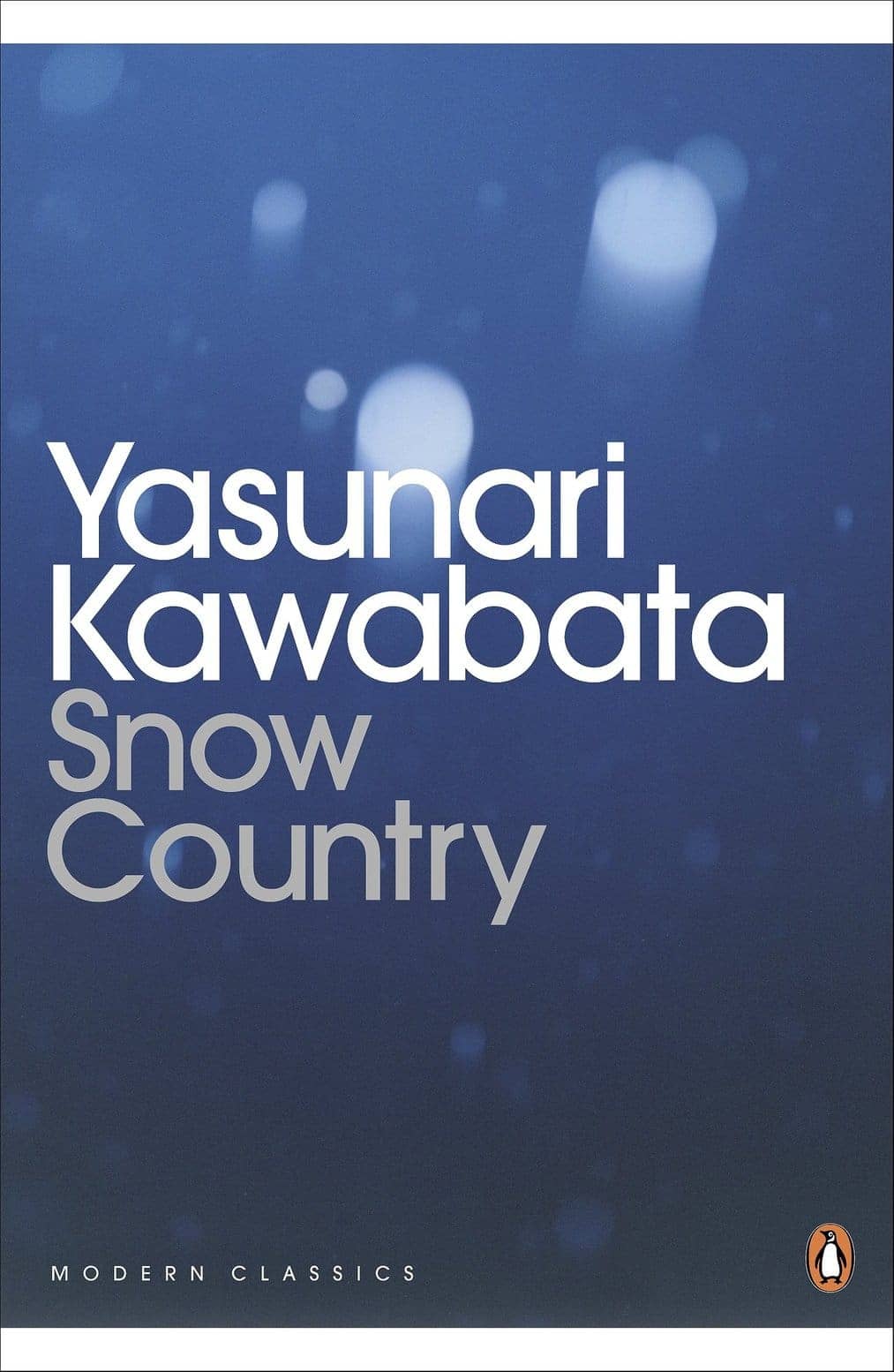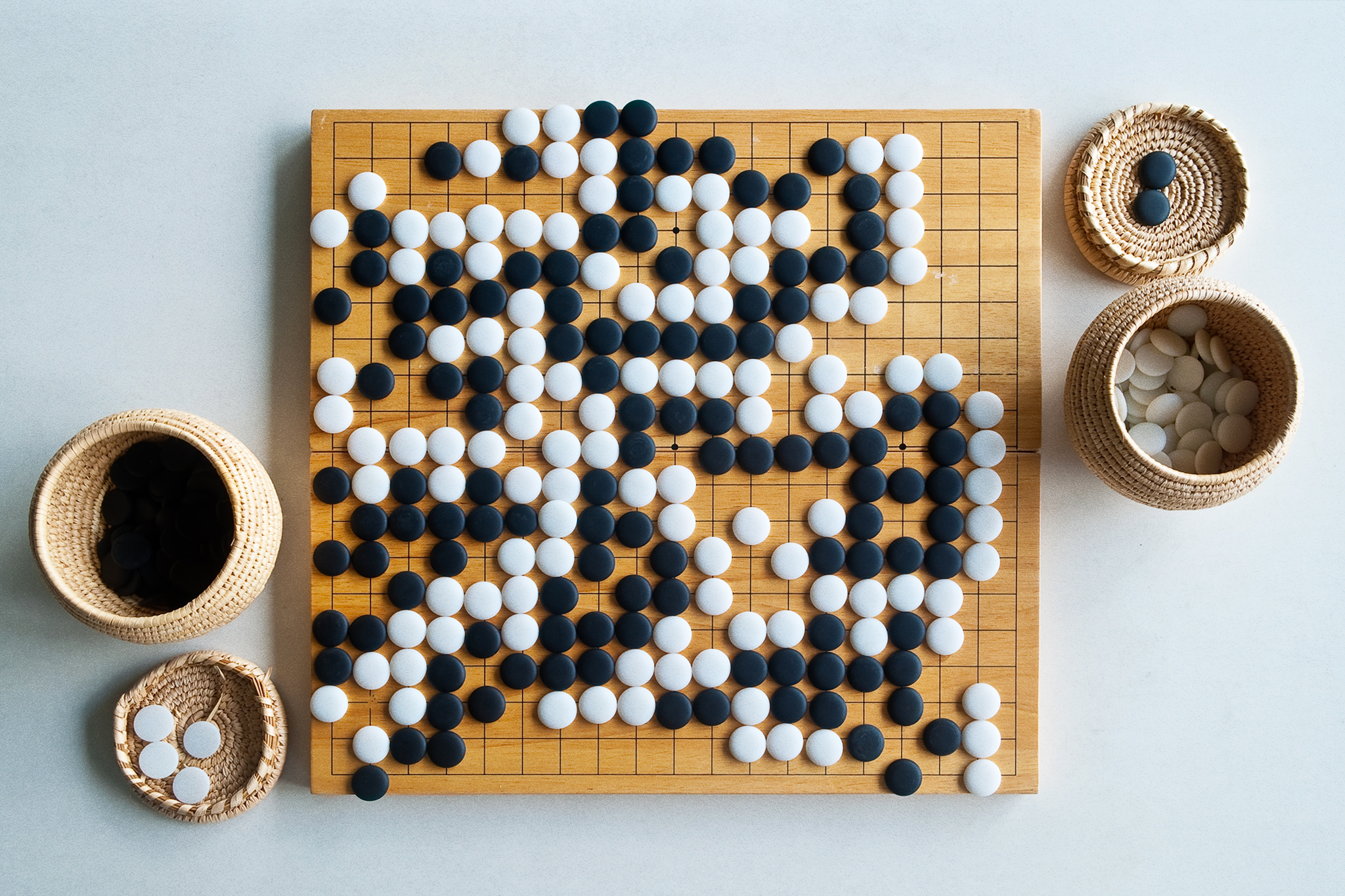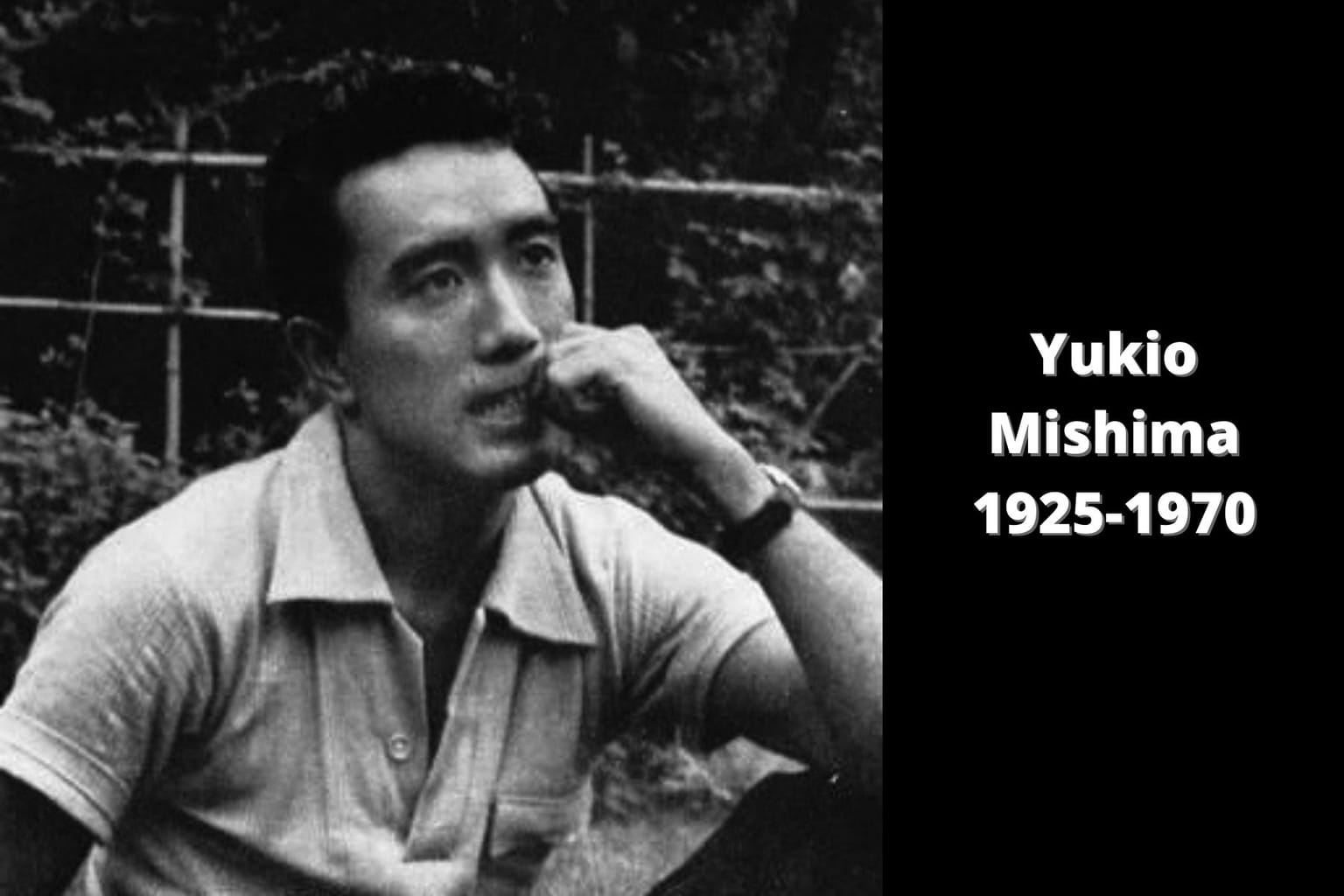[ad_1]
On this present day in 1968 got here the information {that a} Japanese creator would, for the primary time ever, be receiving the Nobel Prize for Literature. That creator was, in fact, Yasunari Kawabata, a nationwide treasure on this nation who was identified for masterpieces similar to Snow Nation and Thousand Cranes. One of the crucial revered writers of the twentieth century, we’re trying again at his life and profession for the newest in our Highlight collection.
A Tragic Background
Kawabata’s early years have been stricken by tragedy. Two years after he was born, on June 11, 1899, he misplaced his father to tuberculosis. His mom then died of the identical illness a yr later. He was subsequently introduced up by his grandparents, however his grandmother handed away when he was simply 6 and some years after that, Kawabata turned the carer for his bedridden, blind grandfather. This era of his life was the principle topic of his autobiographical brief story, “Diary of My Sixteenth 12 months.”
It was clearly a troublesome time for {the teenager} as he had no one else to show to. Going to high school, which he described as “paradise,” was his escape. He would then come residence and do what he may for his grandfather, similar to cooking for him, turning him over in mattress and serving to him urinate right into a bottle. He would usually be referred to as upon in the course of the night time. “It’s not proper,” he wrote, “to dwell so lengthy on this world solely transferring backward.” When Kawabata was 15, his grandfather died. Regardless of the difficulties he had caring for him, the dying hit him onerous.
The sense of despair for Kawabata, who additionally misplaced his sister when he was 10, continued throughout his college days as his old flame, Hatsuyo Ito, broke off their engagement. An unsent letter to her was discovered at his Kamakura house. “I can’t sleep at night time out of worry chances are you’ll be sick,” he wrote. “I’m so anxious that I’m beginning to cry.” Ito didn’t inform him why she ended their relationship, solely saying that she would “fairly die” than reveal the reality. It’s believed that she was raped and couldn’t recover from the disgrace.

Snow Nation
A Story of Love, Despair and Fame
“I used to be a 20-year-old man, and I promised marriage to a 14-year-old,” wrote Kawabata. “All the pieces was damaged senselessly, and I used to be left deeply wounded. After the Kanto earthquake, I wandered the burned fields of Tokyo as a result of I needed to ensure she was protected… However that lady not exists on this world.” The doomed relationship with Ito had an enormous affect on his works, significantly his early brief tales about Michiko, the fictitious title given to his ex in titles similar to “South of the Hearth” and “Bonfire.”
Lots of Kawabata’s early tales appeared in Bungei Jidai (The Inventive Age), a literary journal he started with Riichi Yokomitsu in 1924. This included “The Dancing Woman of Izu,” the novella that launched his profession. He wrote the unique draft, then titled “Reminiscences from Yugashima,” in 1922 after escaping from his miserable dormitory life in Tokyo. Printed in 1926, it was the primary of Kawabata’s works to be translated into English. It’s additionally been tailored for movie and tv a number of occasions and the Odoriko (that means “dancing lady”) categorical practice from Tokyo to Izu is known as in its honor.
Into his 30s, Kawabata continued to boost his status with novels similar to The Scarlet Gang of Asakusa, which portrays the cruel and energetic ambiance of what was, on the time, considered one of Tokyo’s shadier areas, and Snow Nation, which is broadly thought of his magnum opus. “The practice got here out of the lengthy tunnel into the snow nation. The earth lay white beneath the night time sky.” These are arguably essentially the most well-known opening strains in Japanese literature historical past. Described as haiku in prose, it’s a piece of delicate magnificence about an ill-fated affair between a Tokyo dilettante and an area geisha.

A recreation of Go | Picture by Saran_Poroong by way of Shutterstock
The Put up Conflict Years
Whereas many think about Snow Nation Kawabata’s crowning achievement, the person himself regarded The Grasp of Go as his most interesting work. Printed in guide kind in 1954, it’s additionally the one considered one of his novels he felt he had accomplished. The semi-fictional story focuses on the ultimate Go recreation of the revered grasp, Honinbo Shusai, as he takes on “the Prodigy,” Minoru Kitani. It lasted nearly six months with the younger pretender ultimately triumphing. In accordance with Kawabata, “the fantastic thing about Japan and the Orient had fled. All the pieces had grow to be science and regulation.”
Two different standout Kawabata books revealed within the Nineteen Fifties (although each initially appeared in serialized kind in 1949) have been The Sound of the Mountain and Thousand Cranes. The previous is a leisurely paced and sensitively written story a couple of man coming to phrases with getting old and his personal mortality. The latter, set towards the backdrop of a tea ceremony, follows an orphaned businessman and his relationship along with his father’s mistress and her daughter. In accordance with Kawabata, it was a “damaging work, and an expression of doubt about and warning towards the vulgarity into which the tea ceremony has fallen.”
Thousand Cranes and Snow Nation have been each cited by the Nobel Committee when Kawabata acquired his literature prize in 1968. The opposite guide talked about was The Outdated Capital. First revealed in 1962, a yr after he was awarded the Imperial Order of Tradition, it’s a poetic story set in Kyoto that delicately explores themes similar to repressed feelings and adjustments to conventional Japanese life by means of the eyes of Chieko, who makes an attempt to find the reality about her previous. There have been three films based mostly on the novel, essentially the most well-known of which was Noboru Nakamura’s Twin Sisters of Kyoto, which was nominated for an Academy Award.

Yukio Mishima
The Ultimate Years
A yr earlier than the discharge of The Outdated Capital, Kawabata was nominated for the Nobel Prize in Literature for the primary time. Following his eighth successive nomination, he lastly bought his arms on the award in 1968. There have been 76 nominees that yr, together with Kawabata’s compatriots, Yukio Mishima and Junzaburo Nishiwaki. Among the many main contenders have been French novelist André Malraux, British poet W. H. Auden and Irish playwright Samuel Beckett, who gained the next yr. In accordance with the Nobel Committee, Kawabata acquired the award “for his narrative mastery, which with nice sensibility expresses the essence of the Japanese thoughts.”
Kawabata picked up the prize alongside his translator Edward Seidensticker. He mentioned he may by no means have gained with out the American’s glorious translations. In his Nobel lecture titled “Japan, the Lovely and Myself,” Kawabata touched on a number of matters similar to tea ceremonies and Zen Buddhism, but it surely was the half about suicide that stood out essentially the most. Quoting his personal essay, he mentioned, “Nonetheless alienated one could also be from the world, suicide is just not a type of enlightenment. Nonetheless admirable he could also be, the person who commits suicide is way from the realm of the saint.”
Two years later, his protégé, Yukio Mishima, famously took his personal life. Kawabata struggled to return to phrases with this information and allegedly had recurring nightmares that featured his fellow creator. Not lengthy after being recognized with Parkinson’s illness, Kawabata, too, in line with stories, dedicated suicide on April 16, 1972. He was mentioned to have gassed himself, although these closest to him, together with his widow, Hideko, believed his dying was an accident. He was 72. His books dwell on, although, and have been translated into a number of languages. A massively influential determine, he’ll ceaselessly be remembered as Japan’s first Nobel laureate in Literature.
[ad_2]